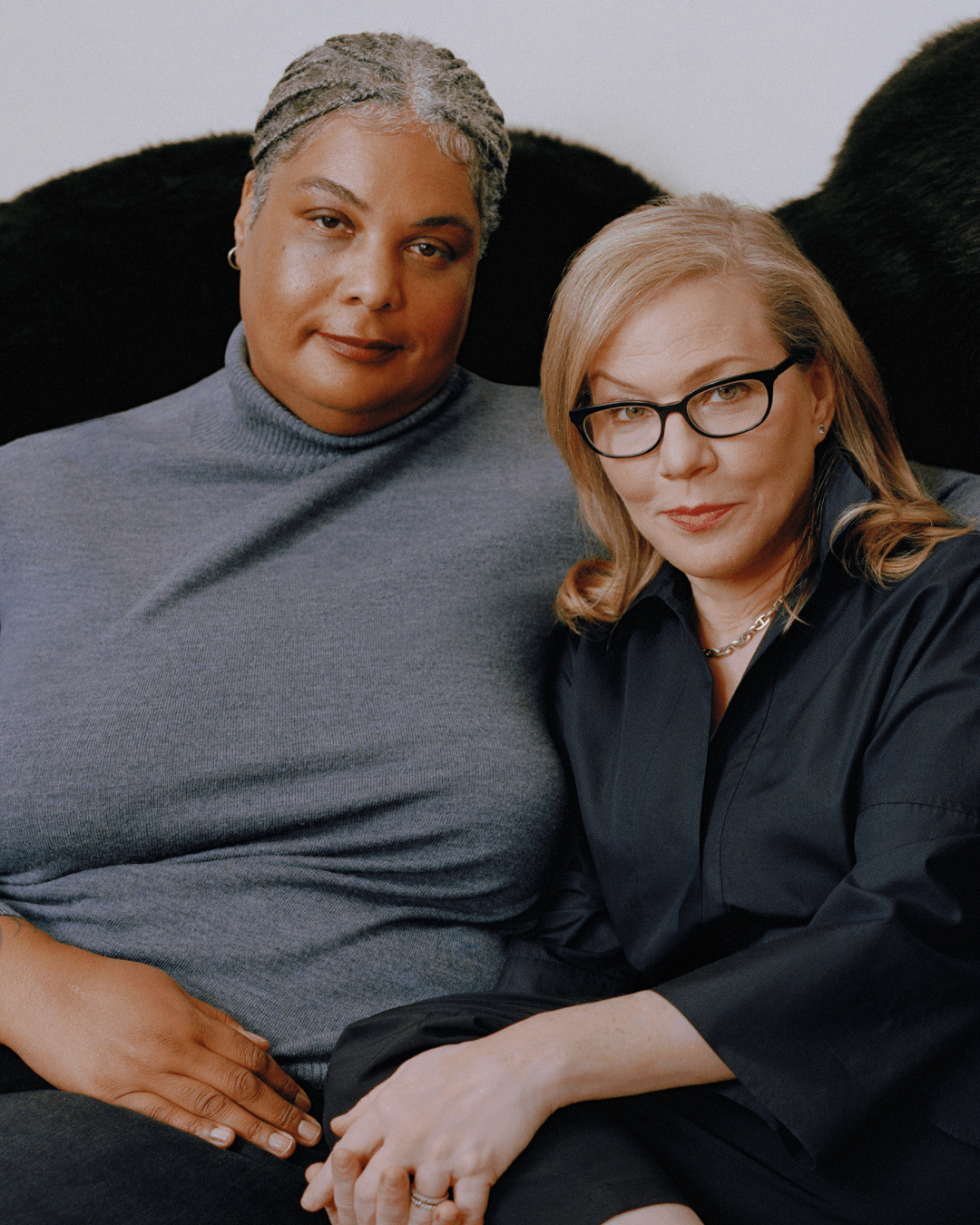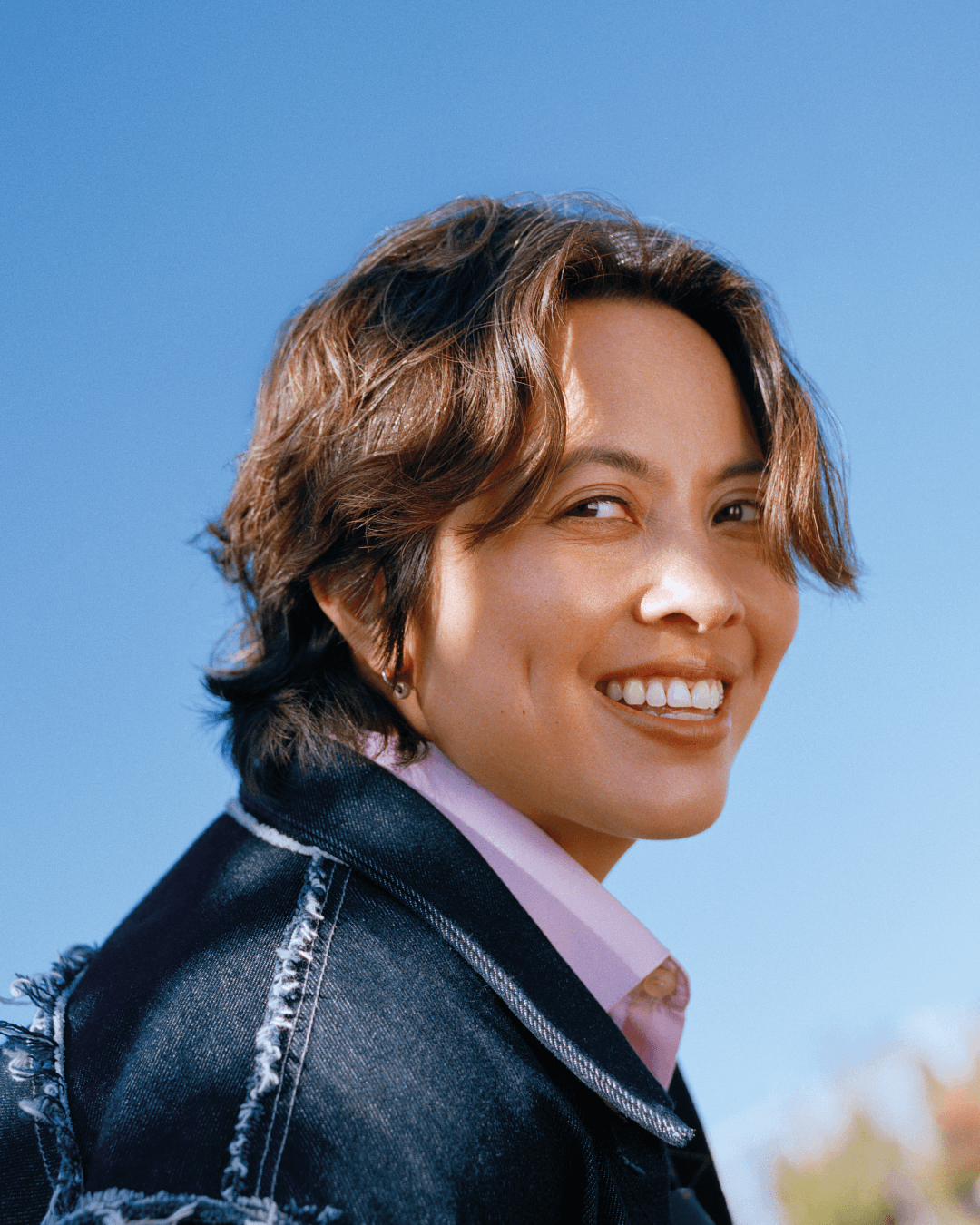
Self discovery
3

Roxane & Debbie
6

Angel Dimayuga
5
HaveMoreQuestions?
NFAQ is an educational guide for Not-So-Frequently-Asked questions, submit a question to expand this discussion.

Self discovery
3

Roxane & Debbie
6

Angel Dimayuga
5
NFAQ is an educational guide for Not-So-Frequently-Asked questions, submit a question to expand this discussion.
NFAQ (Not-so Frequently Asked Questions) is a growing collection of questions not talked about enough—the questions 80% of LGBTQIA+ daters on Hinge struggle finding answers to. With each NFAQ, inspiring voices share their perspectives on how to navigate relationships, self-discovery, gender, and sexuality.
Part of NFAQ is supporting LGBTQIA+ community centers across the country connecting people to resources and support.